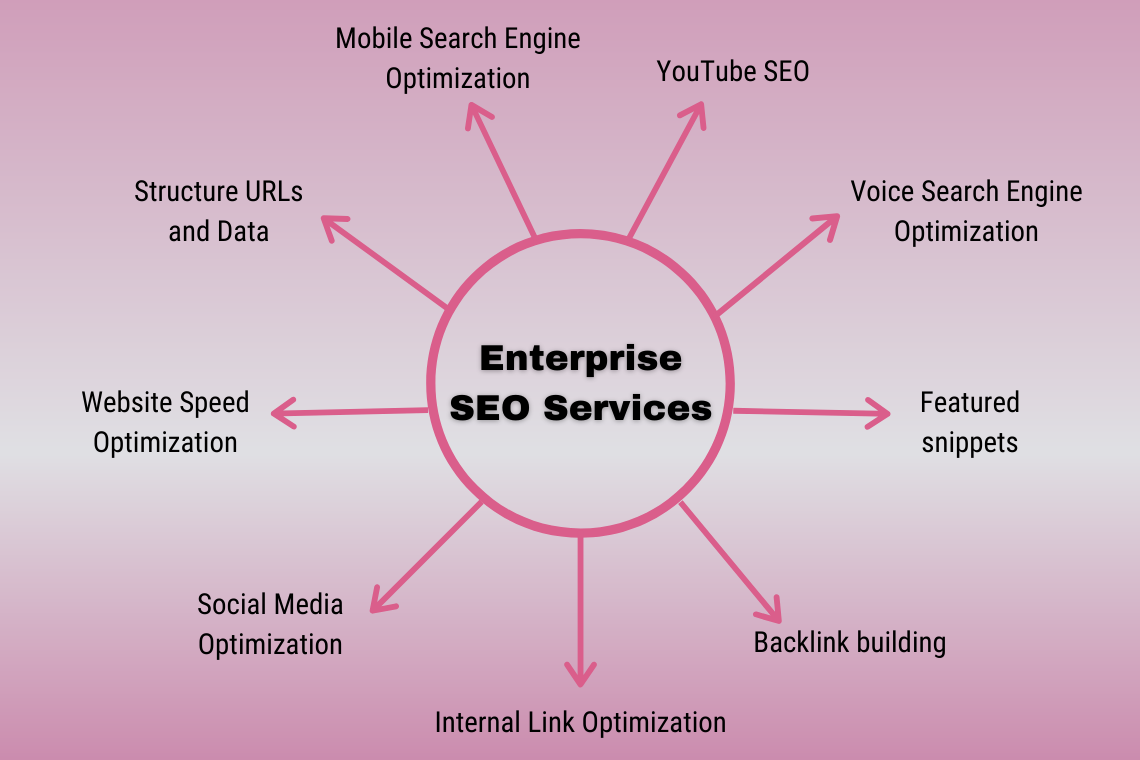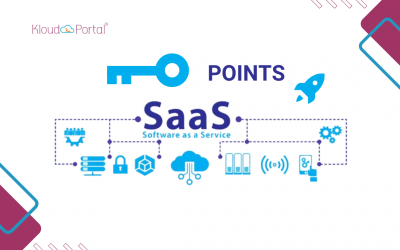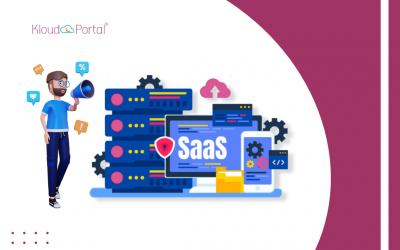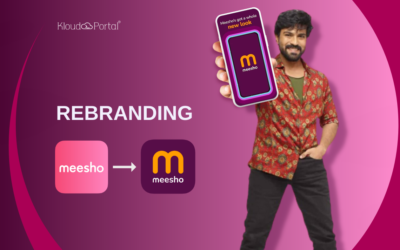Enterprise SEO Services
Enterprises with multiple verticals often end-up creating humongous content that stays on the website for a long time. This makes the website heavy and affects performance and usability. We manage end-to-end SEO strategy of enterprise websites.
Enterprise SEO is a holistic approach to an enterprise’s Search Engine Optimization strategy. The focus is on a professional approach to SEO that lets an enterprise rank higher in search engine rankings. Enterprise SEO leverages specialized practices and methodologies that focus on the search engine results for the enterprise. These methodologies and techniques are more robust and result-driven.
Every business is unique, so are their objectives and goals. For enterprises, their marketing strategies vary based on their marketing objectives. In marketing, there is no one-size-fits-all kind of a strategy. Also, strategy is not a statement that will drive revenue and profits across the enterprises’ existence. It differs and the enterprises may need to adjust their strategy time-to-time to ensure the organization’s goals are achieved.
Marketing services offered by KloudPortal are unique to solve a business’s objectives. For eg., for a B2B enterprise that is trying to reach its local audience, the strategy may vary very much from that of an enterprise in E-commerce. While for some enterprises OOH might do wonders, while for few others Digital Marketing may be the only option.
How Does Organic SEO Differ From Enterprise SEO?
Depth of keyword analysis:
Organic SEO focuses more on the search keywords and its rankings. The result-driven approach leads to higher SERPs for those keywords.
For eg., A dermatologist in Phoenix, AZ may be looking to get ranked for a keyword like “best skin care specialist in Phoenix”. The results could be driven from Google Local listings page.
Enterprise SEO on the other hand is wide and deep. The focus in about ranking the enterprise for the list of products and services, in different cities and based on audience search behaviour. Hence the analysis goes beyond just identifying the right keywords.
For Eg., An Enterprise has an ERP product that suits automotive manufacturers. This Enterprise wants to target specific locations in Michigan, Pennsylvania, New York, Washington and Seattle. An Enterprise SEO strategy involves a holistic approach and in-depth keyword analysis.
Strategic SEO:
Organic SEO focuses on a list of few tactics and methodologies. The goal in organic SEO is small and is limited to particular area or region. Local business listings, on-page keyword optimization and backlinks generation are the typical focus areas to improve search engine rankings.

In Enterprise SEO there are an exhaustive list of tools, techniques and methodologies that are leveraged. The list of techniques include but not limited to:
- Mobile Search Engine Optimization
- YouTube SEO
- Voice Search Engine Optimization
- Featured snippets
- Backlink building
- Internal Link Optimization
- Social Media Optimization
- Website Speed Optimization
- Structure URLs and Data
Latest From Our Content Factory
SaaS Product Roadmap: 7 Key Points To Keep In Mind When Launching Your SaaS Products
While most of the world sees a new product, developing it takes tremendous work, time, energy, and capital. And this is the reason having a product vision is crucial when creating any product, especially a SaaS product.
Launching a SaaS business solution involves several processes, and these foundational pieces lay the platform for realizing the product concept. Let’s walk you through 7 major key points to keep in mind while you launch your SaaS products.
What Is The Helpful Content Update From Google?
Often frustrated users express on social media or blogs that they land on pages that provide no solutions to their search questions but rank on top pages in Google search engines. So, how can you ensure that your website conforms to the most recent search engine guidelines? What is the best strategy to satisfy your visitor’s expectations while keeping up with ongoing algorithm changes? The answer to these questions is given by Google’s most recent update on helpful content, which emphasizes the significance of offering customers interesting and useful content.
How Does SaaS Marketing Help The Sales Team?
Marketing is not just challenging but tough. But how about marketing something that is not physically present or something that changes all the time? SaaS or Software as a Service Marketing is the same as mentioned above. And selling SaaS products needs a different strategy.
Curious Case Study: Why Meesho Did Rebranding in India? How Rebranding Will Help Companies?
Established in 2015 by Vidit Aatrey and Sanjeev Barnwal, Meesho has established itself as a leading social e-commerce...
7 Best Content Writing Courses For Freelance Writers
To succeed as a freelance writer, refining your content writing skills and staying ahead of the competition is vital....
OUR CUSTOMERS
You’re in good company















